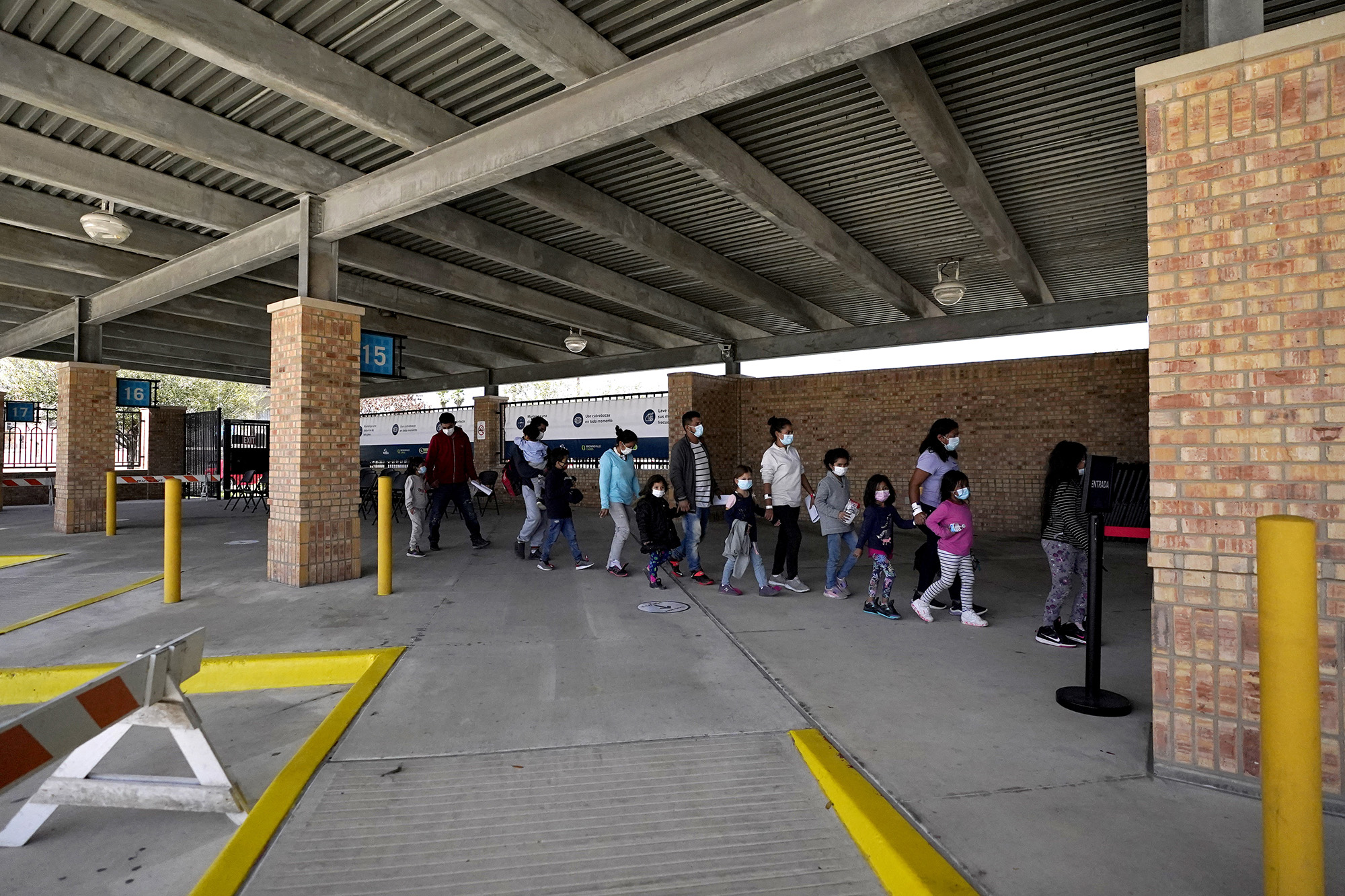Brownsville border relations are a crucial aspect of the interconnected economies, cultures, and lives that span the U.S.-Mexico boundary. Strategically located at the southernmost tip of Texas, Brownsville, Texas, acts as a pivotal hub for cross-border trade and immigration between the U.S. and Mexico, particularly with Ciudad Juárez. This dynamic interplay influences U.S. Mexico relations, as local authorities navigate complex migration policies and emerging economic opportunities. As both cities face unprecedented challenges and shifts in border economy, the unique bond forged through shared communities becomes increasingly significant. Understanding the nuances of Brownsville border relations sheds light on the broader implications for trade, migration, and cross-border cooperation between the two nations.
Examining the interactions between Brownsville and its neighboring Ciudad Juárez reveals a fascinating narrative of binational synergy and challenges. The collaboration between these two border towns illustrates the strong ties woven through shared culture and economy, despite the pressures of national border policies. As leaders from both sides engage in dialogue about tariffs and immigration, their commitment to fostering a progressive border economy emerges as a vital theme. This interconnectedness is emblematic of the complex dynamics defining U.S.-Mexico relations, where challenges such as fluctuating migration patterns and trade tariffs impact local communities profoundly. Ultimately, exploring the broader context of Brownsville’s relations with Ciudad Juárez deepens our understanding of how these areas adapt and thrive amidst changing political climates.
Understanding the Brownsville Border Relations
The relationship between Brownsville, Texas, and its neighboring city, Ciudad Juárez, is a unique case of interdependence. Separated by the Rio Grande, these two cities share a complex interplay of cultures, economies, and migration patterns that illustrate the nuances of border relations in North America. Brownsville’s economic health is often directly tied to the fiscal stability of Ciudad Juárez and vice versa. As the mayors of both cities recently discussed, policies that impact their border interactions, such as migration and trade tariffs, can either bolster or threaten local economies.
Moreover, both cities embody the spirit of binational cooperation. Mayor John Cowen of Brownsville highlighted the historical ties, noting how economic disruptions in Mexico, such as peso devaluations, could lead to significant impacts on Brownsville’s economy. On the other hand, Mayor Cruz Pérez Cuéllar of Ciudad Juárez emphasized that improvements in local economic conditions depend heavily on collaborative initiatives between the two cities, showcasing the necessity for effective communication and policy alignment across the border to ensure mutual progress.
Frequently Asked Questions
What are the main challenges in Brownsville border relations regarding migration policies?
Brownsville border relations face significant challenges related to migration policies, particularly the fluctuating numbers of migrants crossing the border. Recent discussions among mayors from Brownsville and Ciudad Juárez highlight a dramatic decrease in migrant flows, which has brought both relief and concerns over federal policies. Local leaders emphasize the importance of collaboration at the border to address immigration and economic stability.
How do recent U.S. and Mexico administrations impact Brownsville border economy?
The border economy of Brownsville is profoundly impacted by the policies of both the U.S. and Mexican administrations. Recent leadership transitions have led to discussions on immigration and tariffs, which are crucial for local businesses. Mayors from Brownsville and Ciudad Juárez expressed concerns over changing federal funding and tariff implementations that could hinder cross-border cooperation and economic growth in the binational community.
What role do tariffs play in Brownsville’s economic relations with Ciudad Juárez?
Tariffs play a critical role in shaping the economic relations between Brownsville and Ciudad Juárez. Both mayors have voiced concerns regarding the potential negative impacts of border taxes on local economies, workforce training, and investment opportunities. A stable tariff policy is essential for fostering a collaborative economic environment that supports the border economy.
How are Brownsville and Ciudad Juárez addressing safety concerns related to migration?
In the context of migration flows and safety, mayors from Brownsville and Ciudad Juárez reported a significant drop in violent crime associated with migration in recent months. Local leaders are focusing on community safety through enhanced shelter capacities and collaborations with federal authorities to manage migrant populations effectively, ensuring safer conditions for both residents and migrants.
What initiatives are being taken to improve trade relations at the Brownsville border?
Initiatives to improve trade relations at the Brownsville border include significant investments in infrastructure such as the Port of Brownsville’s gas liquification and export terminal, which represents a major economic boost. Additionally, mayors are actively seeking to enhance collaboration through programs aimed at addressing environmental challenges and supporting local business growth across the border.
| Key Focus Areas | Details |
|---|---|
| Economic Interdependence | Brownsville and its Mexican counterparts share values, businesses, and families, emphasizing the need for cross-border cooperation. |
| Impact of Federal Leadership Changes | Changes in administration in both the U.S. and Mexico influence local governance and immigration flows. |
| Migration Trends | Significant decreases in migrant flows; previously high numbers in camps have dropped drastically. |
| Challenges from Tariffs | Tariffs create uncertainty for businesses and can hinder future investments across the border. |
| Local Economic Development | Brownsville is currently developing significant infrastructure projects that promise future economic growth. |
Summary
Brownsville border relations play a pivotal role in shaping the economic and social dynamics of both sides of the U.S.-Mexico border. As highlighted in discussions among local mayors, a cooperative approach is essential to address immigration, economic challenges, and the significant impacts of federal leadership transitions. The shared interests of communities in Brownsville and Ciudad Juárez underscore the interconnected fates of these border cities, while the ongoing developments provide both opportunities and challenges for local governance.
